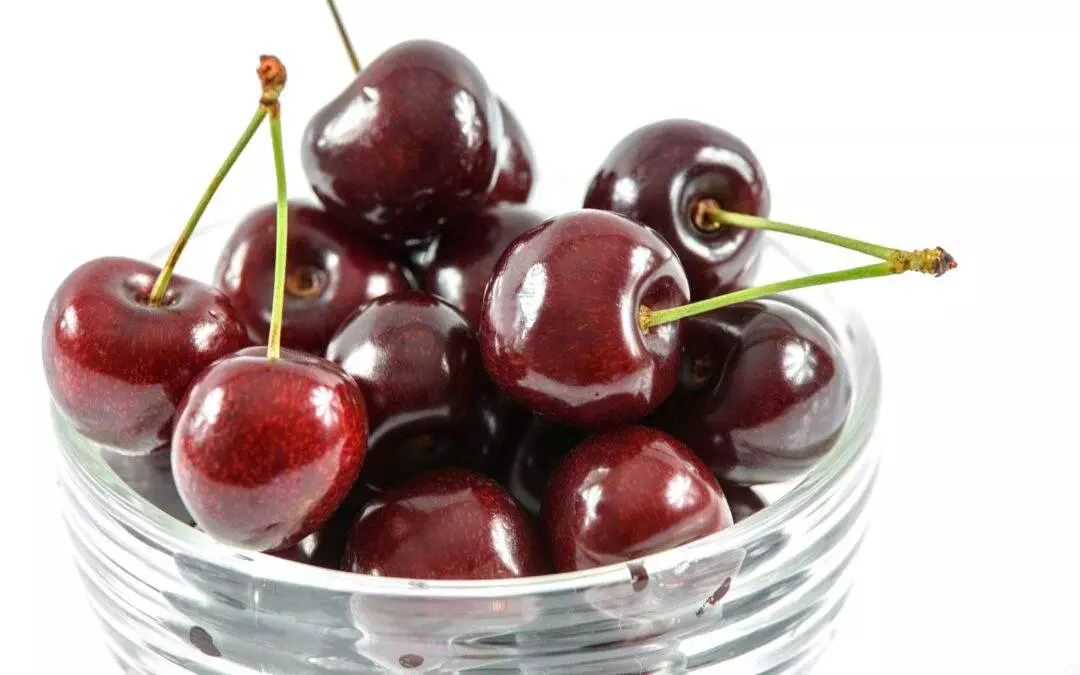
by Sanjay | Aug 2, 2023 | Diet, Food to Avoid, Safe Foods
Gout attacks can be painful and debilitating, but they can often be prevented by making simple changes to your diet and lifestyle. Here are some tips for preventing gout attacks:
1. Limit purine-rich foods: Purines are natural compounds found in many foods that can increase uric acid levels in the body and trigger gout attacks. Some high-purine foods to limit or avoid include red meat, organ meats (such as liver and kidneys), seafood (especially shellfish and anchovies), and some types of beans (such as lentils and chickpeas). Instead, focus on low-purine foods such as fruits, vegetables, whole grains, and low-fat dairy products.
2. Stay hydrated: Drinking plenty of water and other fluids can help flush excess uric acid from your body and reduce the risk of gout attacks. Aim to drink at least 8 glasses of water per day, and consider drinking cherry juice or eating cherries, which have been shown to help lower uric acid levels.
3. Limit alcohol: Alcohol can increase uric acid levels in the body and trigger gout attacks. Try to limit or avoid alcohol, especially beer and liquor, which are high in purines.
4. Maintain a healthy weight: Being overweight or obese can increase the risk of gout attacks, as excess body weight can lead to higher levels of uric acid in the blood. Aim to maintain a healthy weight through a balanced diet and regular exercise.
5. Exercise regularly: Regular exercise can help improve joint function and reduce inflammation, which can help prevent gout attacks. Aim for at least 30 minutes of moderate-intensity exercise, such as brisk walking or cycling, most days of the week.
6. Consider dietary supplements: Some dietary supplements may help reduce uric acid levels and prevent gout attacks. These include vitamin C, which can help lower uric acid levels, and omega-3 fatty acids, which have anti-inflammatory properties.
7. Consult with a healthcare professional: If you’re experiencing frequent gout attacks or have a history of gout in your family, consider consulting with a healthcare professional. They can help you develop a personalized plan for preventing gout attacks, including dietary and lifestyle changes, medication, and other interventions.
In summary, preventing gout attacks involves making dietary and lifestyle changes, such as limiting purine-rich foods, staying hydrated, limiting alcohol, maintaining a healthy weight, exercising regularly, considering dietary supplements, and consulting with a healthcare professional. By following these tips, you can reduce the risk of gout attacks and improve your overall health and well-being.

by Sanjay | Aug 2, 2023 | Diet, Safe Foods, Treatment
Gout is a type of arthritis caused by the buildup of uric acid crystals in the joints, resulting in pain, inflammation, and stiffness. While there are medications available to manage gout symptoms, there are also many natural remedies that can help alleviate pain and reduce inflammation. Here are 10 natural remedies for gout pain relief:
1. Cherries: Cherries contain compounds that can help reduce inflammation and lower uric acid levels in the blood. Eating cherries or drinking cherry juice on a regular basis may help prevent gout attacks.
2. Ginger: Ginger has anti-inflammatory properties that can help reduce pain and inflammation in the joints. Drinking ginger tea or using ginger in cooking may be helpful for people with gout.
3. Turmeric: Turmeric is a spice that contains curcumin, a compound that has been shown to have anti-inflammatory effects. Adding turmeric to meals or taking a turmeric supplement may help alleviate gout symptoms.
4. Epsom salt baths: Epsom salt baths can help relieve pain and inflammation in the joints. Adding 2 cups of Epsom salt to a warm bath and soaking for 20-30 minutes may provide relief for gout pain.
5. Apple cider vinegar: Apple cider vinegar is believed to help reduce inflammation and lower uric acid levels in the blood. Mixing 1-2 tablespoons of apple cider vinegar with water and drinking it daily may help prevent gout attacks.
6. Lemon juice: Lemon juice is high in citric acid, which can help dissolve uric acid crystals and reduce inflammation. Drinking fresh lemon juice or adding it to water may help alleviate gout symptoms.
7. Omega-3 fatty acids: Omega-3 fatty acids, found in fish oil and other sources, have anti-inflammatory properties that can help reduce gout pain. Taking an omega-3 supplement or eating fatty fish such as salmon or mackerel may be beneficial for people with gout.
8. Magnesium: Magnesium is a mineral that can help lower uric acid levels and reduce inflammation. Taking a magnesium supplement or eating foods high in magnesium, such as spinach and almonds, may help alleviate gout symptoms.
9. Exercise: Exercise can help improve joint function and reduce pain and inflammation in people with gout. Low-impact activities such as swimming, walking, and yoga may be helpful for people with gout.
10. Hydration: Drinking plenty of water and staying hydrated can help flush uric acid from the body and prevent gout attacks. Aim for at least 8-10 glasses of water per day to help manage gout symptoms.
While these natural remedies may be helpful for relieving gout pain and inflammation, it is important to work with a healthcare professional to manage the condition and prevent further joint damage. In some cases, medication may be necessary to manage gout symptoms effectively.

by Sanjay | Aug 2, 2023 | Diet, Food to Avoid
Gout is a form of arthritis that is caused by an excess of uric acid in the blood. This acid can crystallize and deposit in joints, leading to intense pain and inflammation. While there are many lifestyle changes that can help prevent gout attacks, one of the most important is avoiding foods that are high in purines, which can increase uric acid levels in the blood. Here are the top 10 foods to avoid when dealing with gout:
1. Red meat: Red meat, such as beef, lamb, and pork, is high in purines and should be avoided or limited in the diet of someone with gout.
2. Organ meats: Organ meats, such as liver, kidney, and sweetbreads, are some of the highest sources of purines and should be avoided altogether.
3. Seafood: Many types of seafood, such as anchovies, sardines, and shellfish, are high in purines and should be limited or avoided.
4. Beer and other alcoholic beverages: Beer and other alcoholic beverages, especially those high in purines, can increase uric acid levels and trigger gout attacks.
5. Sugary drinks: Sugary drinks, such as soda and fruit juice, can increase uric acid levels and contribute to weight gain, which can worsen gout symptoms.
6. High-fructose foods: High-fructose foods, such as corn syrup and some fruits, can increase uric acid levels and should be limited in the diet of someone with gout.
7. Fried foods: Fried foods, such as fried chicken and French fries, are high in unhealthy fats and can contribute to weight gain, which can worsen gout symptoms.
8. Processed foods: Processed foods, such as packaged snacks and processed meats, are often high in salt, sugar, and unhealthy fats, which can contribute to gout attacks.
9. White bread and pasta: White bread and pasta are high in refined carbohydrates, which can increase insulin resistance and trigger gout attacks.
10. Soy products: Some soy products, such as tofu and soy sauce, can be high in purines and should be limited in the diet of someone with gout.
While avoiding these foods can be challenging, there are many other foods that are safe and beneficial for people with gout. These include low-fat dairy products, such as milk and yogurt, fruits and vegetables, whole grains, and lean proteins, such as chicken and fish. Drinking plenty of water and staying hydrated can also help flush uric acid from the body and prevent gout attacks. By making healthy food choices and working with a healthcare professional, people with gout can manage their condition and improve their quality of life.



